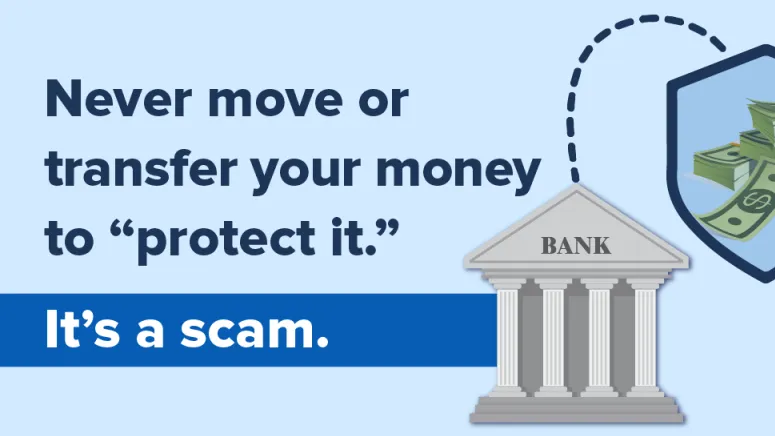A few days ago, I found a New York Times article that detailed how a 76-year-old retired lawyer was scammed out of nearly three-quarters of a million dollars, wiping out his retirement savings. He believed he was helping a government investigation. If you have time, please read it, it’s a fascinating story!
Sadly, this isn’t an isolated incident. Authorities revealed that at least seven other people had fallen victim to the same scam. This is just one example of scams that target people daily. In this article, we’ll explain some common scams, warning signs, and crucial steps to protect yourself and your finances.
What Happened
For nearly three months, 76-year-old Barry Heitin believed he was part of a government sting operation. He was told he was helping catch thieves and safeguard his money. In reality, he was assisting criminals in stealing $740,000 of his own savings.
“They kept telling me, ‘This is a big case, and we are going to stop a whole ring of people,’” Heitin said. “It was like a rabbit hole. I was going down the hole with them.”
His story isn’t unique. While the tactics and amounts differ, one thing remains constant: scammers rely on misplaced trust.
Think You Have Nothing of Value?
A common misconception is that only people with significant assets are targeted. Many believe they have nothing worth stealing, so they let their guard down. However, scammers often don’t know or care about how much you have when they first contact you. Their goals may shift as they gather more information.
Here’s how scammers can still get something from you:
- They take whatever you have: Even if it’s a small amount, scammers will exploit any financial vulnerability. Even if it’s just a few hundred or thousands of dollars, it’s enough to feed their family in a 3rd world country for months!
- They might convince you to borrow money: They could pose as relatives in distress, asking for financial help or even faking kidnappings to demand ransom.
- Identity theft: Scammers may steal enough personal details to impersonate you, opening credit cards or loans in your name.
- False promises: Some scams lure you in with the idea of making easy money by paying a small “fee” to participate.
Even if you think you don’t have anything to lose, you’re still vulnerable to scammers.
Why do Scams Target Older Adults?
Yes, older adults are frequently targeted:
- They may have more in retirement savings.
- They may be less familiar with technology, making them easier to deceive.
- Older adults tend to be more polite and trusting, making them less likely to hang up or reject a scammer’s pitch.
- They still use landlines. International calls are cheaper to a landline phone number than mobile.
How to Protect Yourself from Scams
In a world where it feels harder to trust anything, it’s important to stay vigilant. Here are some tips to protect yourself:
- Don’t answer unknown numbers: Let unknown calls go to voicemail. If it’s important, they’ll leave a message, and you can verify their identity before responding. Unfortunately, government agencies such as the ATO frequently call from private numbers, but they always leave a message.
- Trust your instincts: If something feels off, hang up. Scammers don’t deserve your politeness.
- Too good to be true? It probably is. Promises of quick wealth or romantic entanglements often signal a scam. Avoid engaging.
- Beware of urgency: Scammers often create a sense of panic or urgency. This is a major red flag – don’t engage.
- Use a safe word: Establish a code word with family and friends to confirm their identity during an emergency call.
- Be cautious of cryptocurrency and gift card requests: If someone asks for payment in crypto, gold, or gift cards, it’s almost always a scam. These payment methods are almost impossible to trace and recover.
- Never send large sums to strangers: Whether for business or personal reasons, don’t send money to someone you’ve never met in person.
- Don’t let embarrassment stop you from asking for help: Scammers are getting more sophisticated. If something feels wrong, consult a trusted friend or family member. It’s better to ask for help than fall victim to a scam.
Conclusion: Stay Informed and Stay Safe
Online scams are on the rise, targeting people of all ages and financial backgrounds. Whether you’re 76 or 26, staying informed and cautious is your best defense. If something seems suspicious, trust your instincts and seek help from a trusted source.
By being aware of the common tactics and knowing how to protect yourself, you can safeguard your savings and personal information from the growing threat of online scammers.







